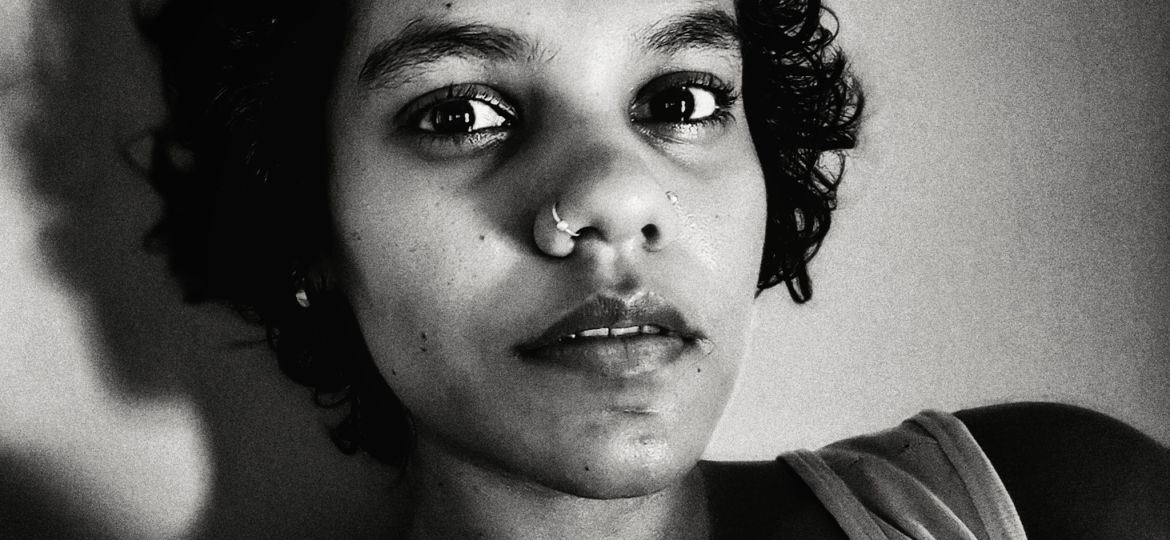
Here is the third micro piece in the series Quick Bytes, one of our new features at In Plainspeak. We continue to connect our readers and writers to each other in as many different ways as possible. Our intention is to expand the space of safety, inclusion, and a self-affirming approach, that illuminates the wealth of diversity, and possibilities, that we represent together.
Quick Bytes is based on short responses to cue questions that we ask those who agree to participate in this micro feature.
Tejaswi Subramanian gives us Quick Bytes on Queering as a Way of Life.
Tejaswi says:
One line to describe me: I am chaos in a dainty lil’ tea bowl.
The word Sexuality brings to mind: The word makes me think of an erotic adventure. Something that helps us be alive to the world around us, and to life around us. A primal way of expressing one’s creativity, and to be able to recreate life, while collaborating with life itself. And I’m not talking about reproduction. It’s a way to interact with life and introduce play in our relationships.
I connect queering as a way of life and sexuality in these ways: Sex is currently seen in very rigid and binary ways, in mainstream discourse. For some reason, it has to do with people’s genitals only. But that’s not what sexuality is about. Sexuality goes beyond that which happens involving just the biological body, if even that at all. It speaks about our desires, behaviours, physical wellbeing, body image, connection, intimacy, and so much more! So Queering as a Way of Life connects to sexuality, because we have got to start talking about sexuality in queerer, non-binary terms!
Self-affirming in this context for me: A sense of agency is required to affirm oneself, one’s desires, curiosities – even if it feels that they’re unspeakable. And also to seek out joy – that experience which allows us to celebrate our existence in the material reality, in our bodies that are our eternal homes. So self-affirming emphasises a sense of agency for me, and implies consent, and a culture that nurtures the practice of consent.
Something to think about as a last word: Something I think a lot about is how post-colonial civilisation has criminalised and villainised paedophilia. While paedophilia is met with social disgust and legal action, in my opinion, comprehensive sexuality education is crucial to helping people who are paedophiles – and to discourage acting on paedophilia. Many self-identify as well and may even seek support, but support providers who engage with non-consensual sexual behaviours are often systemically inaccessible.
Put together by Shikha Aleya.
Cover Image: Photo courtesy of Tejaswi Subramanian.